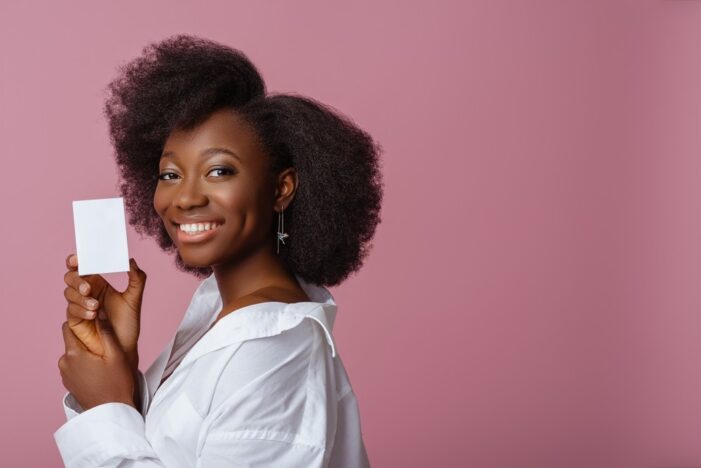By Alexandra Jane, The Root
Just ten years ago, 80% of Black beauty supply store shelves were stocked with products for chemically straightened hair while 20% of products were made for the naturalistas among us. According to Forbes, the opposite is true today. And as more Black women make the transition from relaxed to natural hair, that figure becomes slimmer and slimmer. So what’s driving this change, and could it ultimately lead to the demise and death of the perm era? Well, that depends on who you ask.
Tabnie Dozier started getting relaxers in kindergarten, and spent the next 25 years getting the treatment routinely. For those of us who have ever subscribed to the system, you know how it goes. Every 4-8 weeks, you feel the outgrowth of the chemicals, and the new growth from your roots indicating that it’s time for another trip to the salon. The white, creamy mix is applied and you let it sit long enough for it to tingle just a little bit before rinsing it out, praying there are no scalp burns left behind. For Dozier however, a television journalist who felt the pressure to conform to Eurocentric beauty standards of having long, straight hair for years, the routine was growing old, and much too risky.
“No, I will not return to chemical relaxers,” Dozier, who now operates her own media consulting business, told Forbes. “I can’t imagine what my mother went through in the 1990s and feeling even more pressure then to adapt to status quo or societal acceptability. But now that I have my own voice and the audacity to wear my crown anyway I choose, I won’t return to damaging chemicals.”
While market research firm Kline & Co. reports that sales from chemical straightening products have been on the decline for at least a decade (for a multitude of reasons), a recent study conducted by The National Institutes of Health has assessed that “Women who have used hair straightening chemicals, or relaxers, may be at higher risk of developing uterine cancer.”
“We estimated that 1.64% of women who never used hair straighteners would go on to develop uterine cancer by the age of 70; but for frequent users, that risk goes up to 4.05%,” said lead author Alexandra White, the head of the NIEHS Environment and Cancer Epidemiology group.
Owner of Freedom Curls salon in Indianapolis Laquita Burnett tells Forbes that she stopped offering relaxer services in 2013 after quitting her job at a JC Penny salon location. She mentions that many of her former clients were lawyers and nurses who, like Dozier, felt the need to be in accordance with a “professional” aesthetic that never considered Black hair textures. Every six to eight weeks, they would be back in her chair like clockwork.
“That’s why they called it the creamy crack,” Burnett said. “It’s addictive, you can’t stop doing it and you have to keep doing it so that your hair can stay straight.” But Burnett says she also witnessed a sharp decline in women seeking the service as salons closed during the pandemic and many were forced to go natural.
For Alnisa Hanks however, owner of Glamorous Styles salon in Union New Jersey, she says that while it’s true that fewer of her customers are getting relaxers these days, she doesn’t ever see the service departing entirely.
“Relaxers will be here,” said Hanks. “I can’t see them going anywhere. Not unless they just decide altogether it’s linked to cancer and … pull them all off the shelves.”

